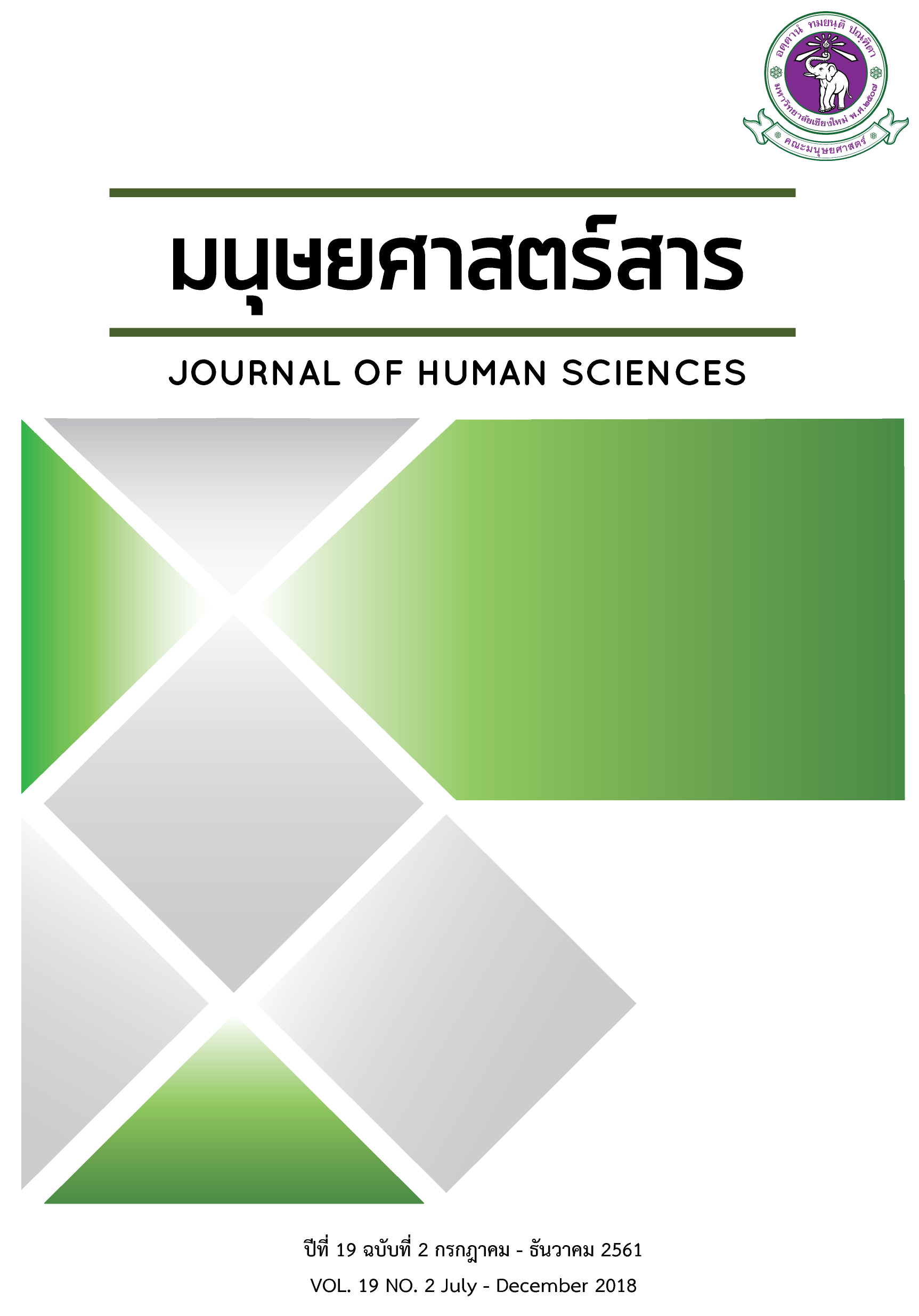ผลของการปรึกษาเชิงจิตวิทยาแบบกลุ่มตามแนวทรอตเซอร์ต่อความกรุณา ต่อตนเองและการปรับตัวทางสังคมของเยาวชนที่มาจากครอบครัวหย่าร้าง
Main Article Content
บทคัดย่อ
การวิจัยครั้งนี้ มีวัตถุประสงค์เพื่อศึกษาผลของการปรึกษาเชิงจิตวิทยาแบบกลุ่มตามแนวทรอตเซอร์ต่อความกรุณาต่อตนเองและการปรับตัวทางสังคมของเยาวชนที่มาจากครอบครัวหย่าร้าง เป็นการวิจัยแบบกึ่งทดลอง โดยใช้รูปแบบการวัดก่อนและหลังการทดลอง ในกลุ่มตัวอย่างเยาวชนชายและหญิงที่มาจากครอบครัวหย่าร้างที่มีอายุระหว่าง 15-18 ปี ที่ยินดีและสมัครใจเข้าร่วมในการศึกษาวิจัย จำนวน 20 คน โดยจับคู่คนที่มีคะแนนใกล้เคียงกันและสุ่มอย่างง่ายโดยการจับฉลาก เพื่อคัดเลือกกลุ่มตัวอย่างออกเป็น 2 กลุ่ม เข้ากลุ่มทดลองและกลุ่มควบคุมกลุ่มละ 10 คน โดยกลุ่มตัวอย่างที่เป็นกลุ่มทดลองจะเข้าร่วมการปรึกษาเชิงจิตวิทยาแบบกลุ่มตามแนวทรอตเซอร์ ระยะเวลาดำเนินการจำนวน 10 ครั้ง สัปดาห์ละ 2 ครั้ง ครั้งละ 2 ชั่วโมง รวมระยะเวลาประมาณ 20 ชั่วโมง โดยผู้วิจัยทำหน้าที่เป็นผู้นำกลุ่ม ในขณะที่กลุ่มควบคุมไม่ได้เข้าร่วมการปรึกษาเชิงจิตวิทยาแบบกลุ่มตามแนวทรอตเซอร์ เครื่องมือที่ใช้ในการวิจัยประกอบด้วย การปรึกษาเชิงจิตวิทยาแบบกลุ่มตามแนวทรอตเซอร์ แบบสอบถามข้อมูลส่วนบุคคล แบบวัดความกรุณาต่อตนเอง และแบบวัดการปรับตัวทางสังคม วิเคราะห์ข้อมูลโดยใช้สถิติ t-test
ผลการวิจัยครั้งนี้ พบว่า กลุ่มทดลอง มีความกรุณาต่อตนเองและการปรับตัวทางสังคมหลังได้รับการปรึกษาเชิงจิตวิทยาแบบกลุ่มตามแนวทรอตเซอร์ สูงกว่าก่อนได้รับการปรึกษาเชิงจิตวิทยาแบบกลุ่มตามแนวทรอตเซอร์ อย่างมีนัยสำคัญทางสถิติที่ระดับ .001 กลุ่มทดลอง มีความกรุณาต่อตนเองและการปรับตัวทางสังคมสูงกว่ากลุ่มควบคุม อย่างมีนัยสำคัญทางสถิติที่ระดับ .001
ผลการวิจัยแสดงให้เห็นว่า การปรึกษาเชิงจิตวิทยากลุ่มตามแนวทรอตเซอร์ สามารถนำไปใช้เป็นแนวทางสำหรับบุคลากรโดยเฉพาะบุคลากรด้านการศึกษา นำแนวคิดและวิธีการของการปรึกษาเชิงจิตวิทยาแบบกลุ่มตามแนวทรอตเซอร์ไปประยุกต์ใช้ในการให้การปรึกษา การแนะแนว และสามารถใช้เป็นแนวทางในการจัดกิจกรรม ซึ่งเป็นทางเลือกหนึ่งในการใช้ทฤษฎีการปรึกษาเชิงจิตวิทยาแบบกลุ่มได้อย่างมีประสิทธิภาพมากยิ่งขึ้น ซึ่งช่วยพัฒนาคุณลักษณะที่ดีให้แก่เยาวชน เพื่อสามารถดำรงชีวิตร่วมกับบุคคลอื่นอย่างมีความสุข


